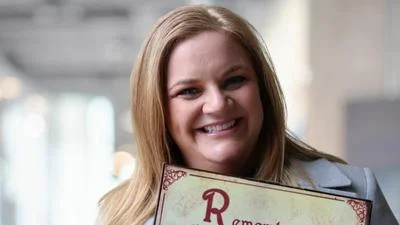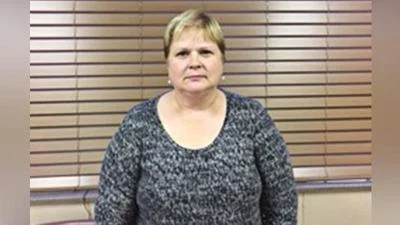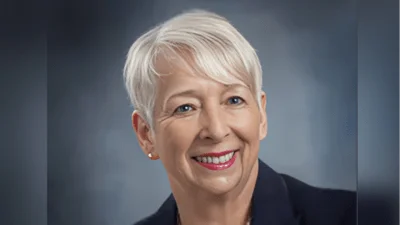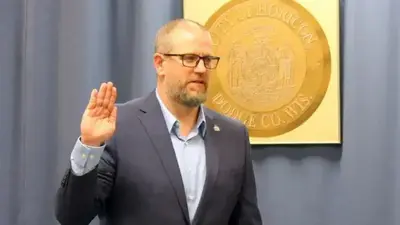Ripon College | Flickr by Ripon College
Ripon College | Flickr by Ripon College
“The Politics of Resentment: Seven Years Later,” a discussion with University of Wisconsin-Madison political science professor Katherine Cramer, will be presented Thursday, Feb. 9, at Ripon College. The program will begin at 4:30 p.m. in Kresge Little Theatre, East Hall, on the campus. It is presented by the Center for Politics and the People and will be free and open to the public.
Cramer is a political science professor and the Natalie C. Holton Chair of Letters & Science, Department of Political Science, at UW-Madison. In 2016, she published the book The Politics of Resentment: Rural Consciousness in Wisconsin and the Rise of Scott Walker (University of Chicago Press). It brought to light rural resentment toward cities and its implications for contemporary politics, and was a go-to source for understanding votes in the 2016 presidential election.
In the book, Cramer questions how the very people who stand to benefit from strong government services not only vote against the candidates who support those services but are vehemently against the very idea of big government. She uncovers an oft-overlooked piece of the puzzle: rural political consciousness and the resentment of the “liberal elite.”
Rural voters are distrustful that politicians will respect the distinct values of their communities and allocate a fair share of resources. What can look like disagreements about basic political principles are therefore actually rooted in something even more fundamental: who we are as people and how closely a candidate’s social identity matches our own. At Ripon, Cramer will re-examine rural political consciousness and what has and has not changed since 2016.
Cramer received her bachelor’s degree from UW-Madison in 1994 and her Ph.D. from the University of Michigan in 2000. She is an affiliate faculty member in the UW-Madison Elections Research Center, School of Journalism and Mass Communication, LaFollette School of Public Affairs, Institute for Research on Poverty, Center for Community and Nonprofit Studies, Wisconsin Center for the Advancement of Postsecondary Education, and Center for Integrated Agricultural Systems.
Her work focuses on the way people in the United States make sense of politics and their place in it. She is known for her innovative approach to the study of public opinion, in which she uses methods like inviting herself into the conversations of groups of people to listen to the way they understand public affairs.
She also has published as Katherine Cramer Walsh and is the author of Talking about Race: Community Dialogues The Politics of Difference (University of Chicago Press, 2007) and Talking about Politics: Informal Groups and Social Identity in American Life (University of Chicago Press, 2004).
Original source can be found here.






 Alerts Sign-up
Alerts Sign-up